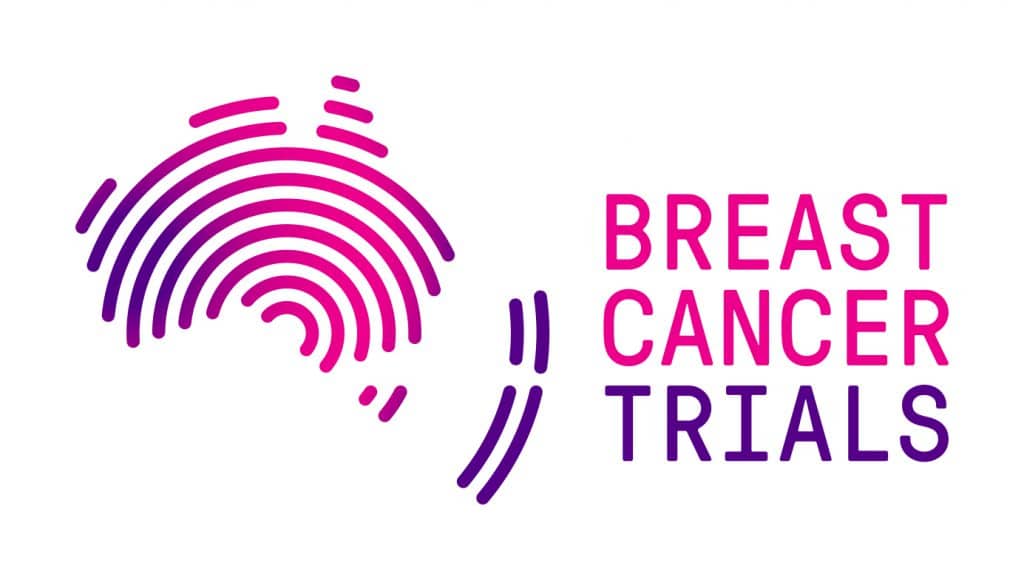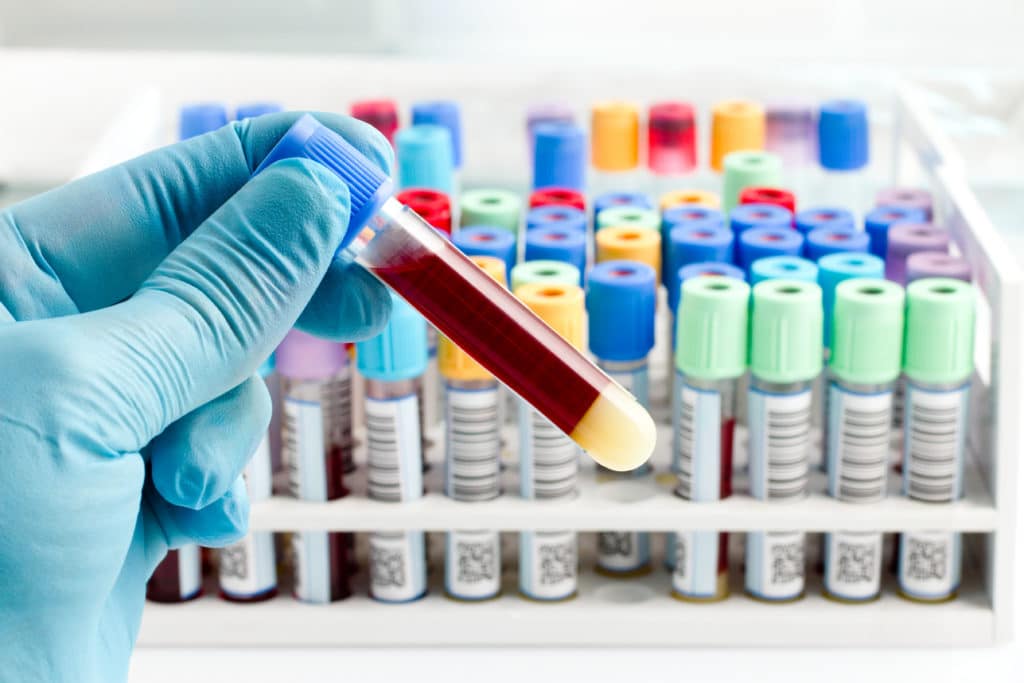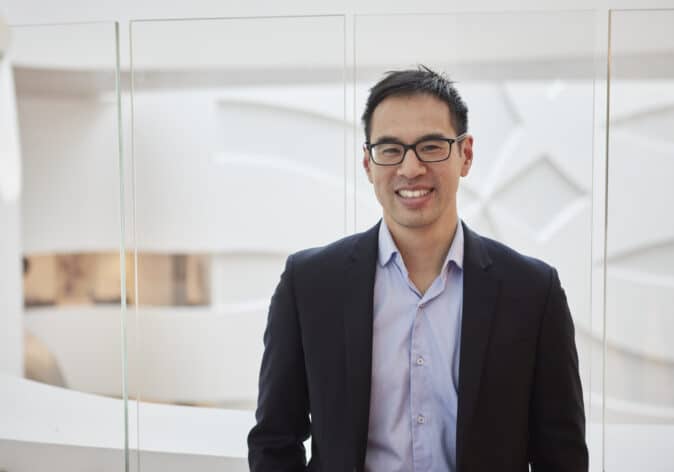What Is Liquid Biopsy?
A liquid biopsy is a simple and non-invasive alternative to surgical biopsies, which enables doctors to discover a range of information about a tumour through a simple blood sample.
This includes searching for cancer cells from a tumour that are circulating in the blood or for pieces of DNA from tumour cells in the blood.
It’s a research focus for Professor Rik Thompson, who is the Associate Director and a Professor of Breast Cancer Research at the Institute of Health and Biomedical Innovation and School of Biomedical Science at Queensland’s University of Technology.
Professor Thompson said blood work is an important part of treating the disease.
“Breast cancers use the blood system to escape and move around.”
“It uses the lymphatics as well, and there is an interchange between the blood and the lymphatics.”
“In women with a higher amount of breast cancer burden, more of their breast cancer cells find their way into the blood” he said.
“Over the years we’ve been able to develop techniques to find those needles in the haystack, to find those very small numbers of breast cancer cells in the blood and increasingly to look for cancer DNA in the blood.”
He said liquid biopsies are a window into how breast cancer can spread and metastasise.
“You can get an idea of what’s going on all around the body by having a look in the blood.”
“It’s very convenient, but it’s difficult and technically very challenging because you might have nearly a billion leucocytes in 10mls of blood and you might only have three of four breast cancer cells.”
“But one breast cancer cell amongst all those leucocytes has proven prognostic value.”
Listen to the podcast
Professor Rik Thompson discusses how liquid biopsy relates to breast cancer treatment and why it’s important in metastatic breast cancer.
How Liquid Biopsy Could Be Used In Breast Cancer Treatments
Professor Thompson said it’s hoped liquid biopsy will be used in the future to tailor breast cancer treatments and therapies.
“There are many studies with these initial technologies called the cell search technology, that continue to reinforce the prognostic value (of liquid biopsy) and the fact that if you’ve got more cells in the blood you have a higher risk of relapse.”
Professor Thompson said tumour DNA is becoming increasingly important in this area of study.
“The tumour DNA is becoming very important in a couple of ways. One is that it’s easier to see, rather than looking for one or two cells in 10mls of blood, you’re looking for probably thousands of copies of DNA.”
“It’s a little bit of an easier target.”
“So, those thousands of copies are hidden amongst billions of copies of DNA of normal cells that are circulating in the blood etc and are coming apart.”
He said researchers are getting better at being able to predict and measure DNA changes occurring in a tumour. He said this has implications for new treatment types like Immunotherapy, which has found success in other cancer types such as lung cancer and melanoma.
Research into immunotherapy for breast cancer is continuing.
“Triple negative breast cancer is more amenable to immunotherapy and there’s some terrific trials going on” said Professor Thompson.
“Tumour mutational burden is a key issue in how well immunotherapy can work and so monitoring the mutational state, the DNA level in the blood, is going to have some great benefits in immunotherapy.”
Support Us
Help us to change lives through breast cancer clinical trials research




